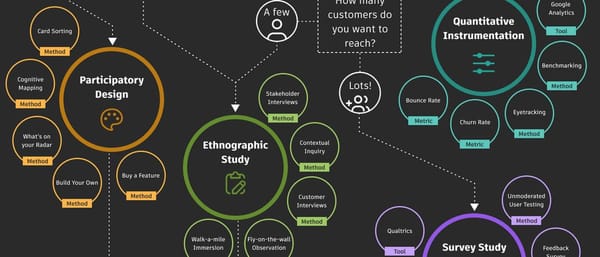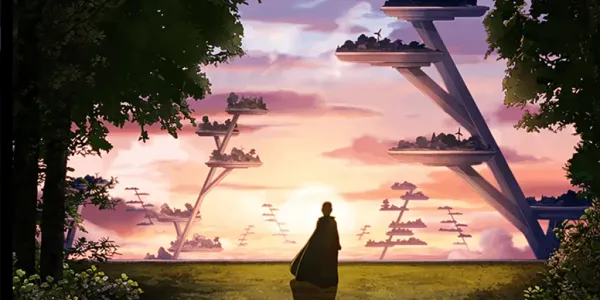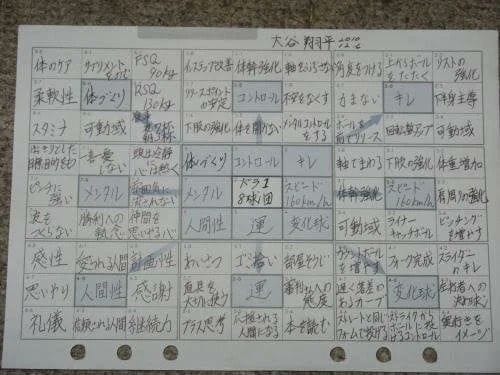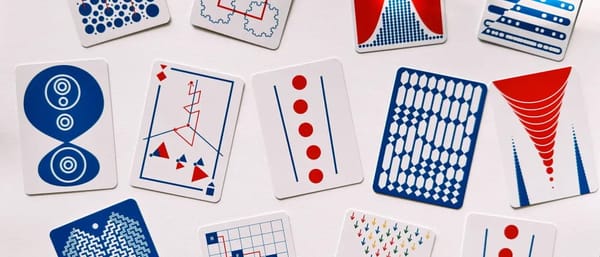№ 72 | GenAI Card Deck, “Home-Cooked Software and Barefoot Developers,” How Mechanical Watches Work, Zombie Leadership, Creative Futuring for Organizations, and The Path to Newton
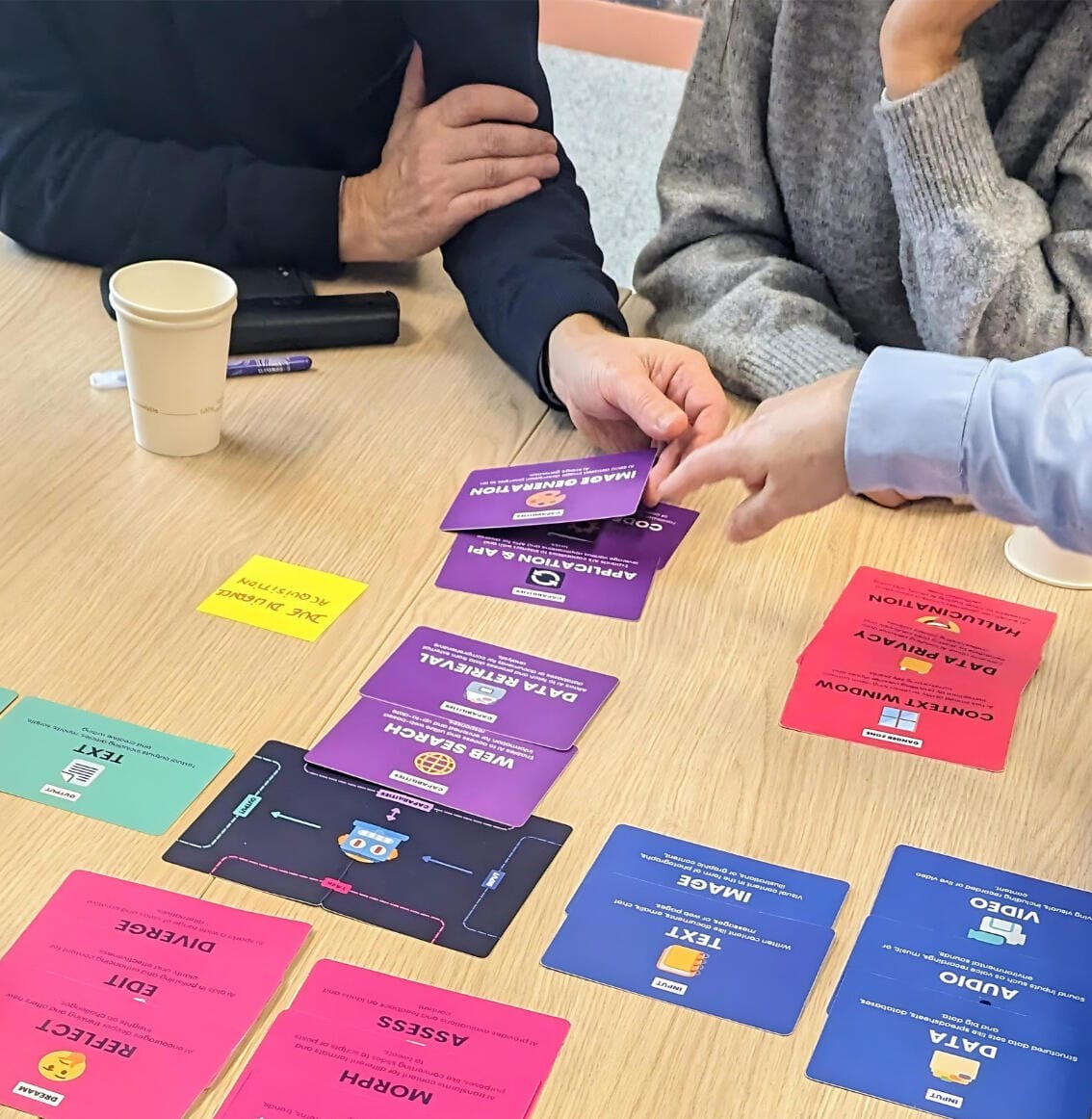
GenAI Card Deck
If you must bring Generative AI into your work, here’s a card game that’ll quickly get everyone up to speed on core concepts while exploring what Gen AI can do. While this is fundamentally a structured brainstorming tool, with cards for kind of input, output, capabilities, and tasks, I’m especially grateful that creator Alexandre Eisenchteter held space for the Danger Zone cards.

[Talk] “Home-Cooked Software and Barefoot Developers”
A brilliant talk will organize your thoughts, by framing loose threads into a singular strand (often through the use of a choice analogy or two), and then—rather than tell us an answer—hold space for us to imagine what comes next.
Maggie Appleton does exactly this in her newest talk “Home-Cooked Software and Barefoot Developers”, where she manages to clearly capture some loosely associate observations and trends I’ve noticed recently, but have had trouble organizing: First, the need and call for “home-cooked apps” which “like meals, are apps you make for the people you know and love.” Second, the tools to put this capability within the reach of those who aren’t professional software developers, a group Appleton refers to as “barefoot developers.”

Core to all this, is the need for local-first control of your information (along with similar counterculture and IndieWeb vibes). These are beautiful concepts, well-articulated.
Mechanical Watch
Last issue, I shared an interactive explanation of 4 queueing strategies in software development. Here’s a similar type of exploration from Bartosz Ciechanowski, explaining the inner workings of a mechanical watch. Long form text mixed with micro-moments of playful interaction, make this challenging topic all the more understandable.
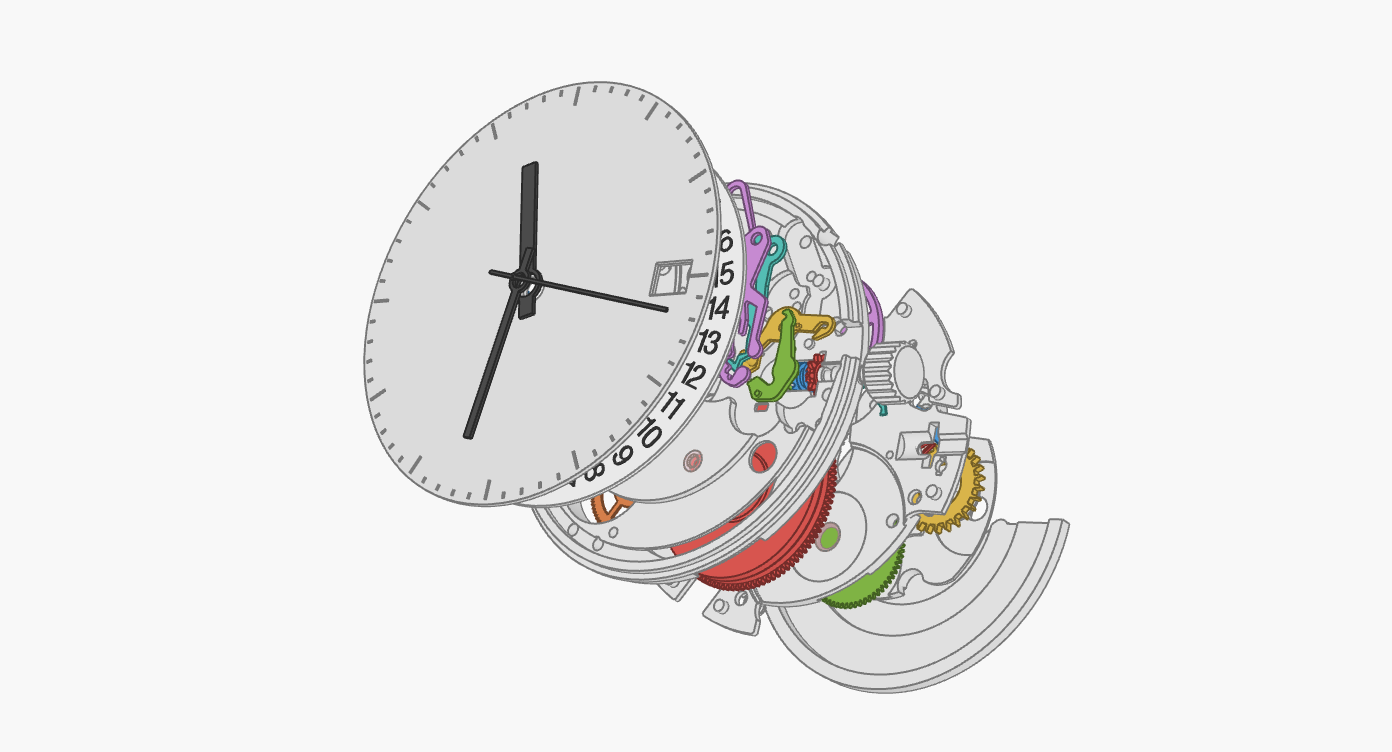
Zombie Leadership
“Braaaaiinzzzsss…”
I love framing of these leadership ideas as “dead ideas that still walk among us.” Dead, as in they’re “an older set of ideas which have been repeatedly debunked.” Walking among us, as in they “resolutely refuse to die.” Hence, the term zombie leadership.
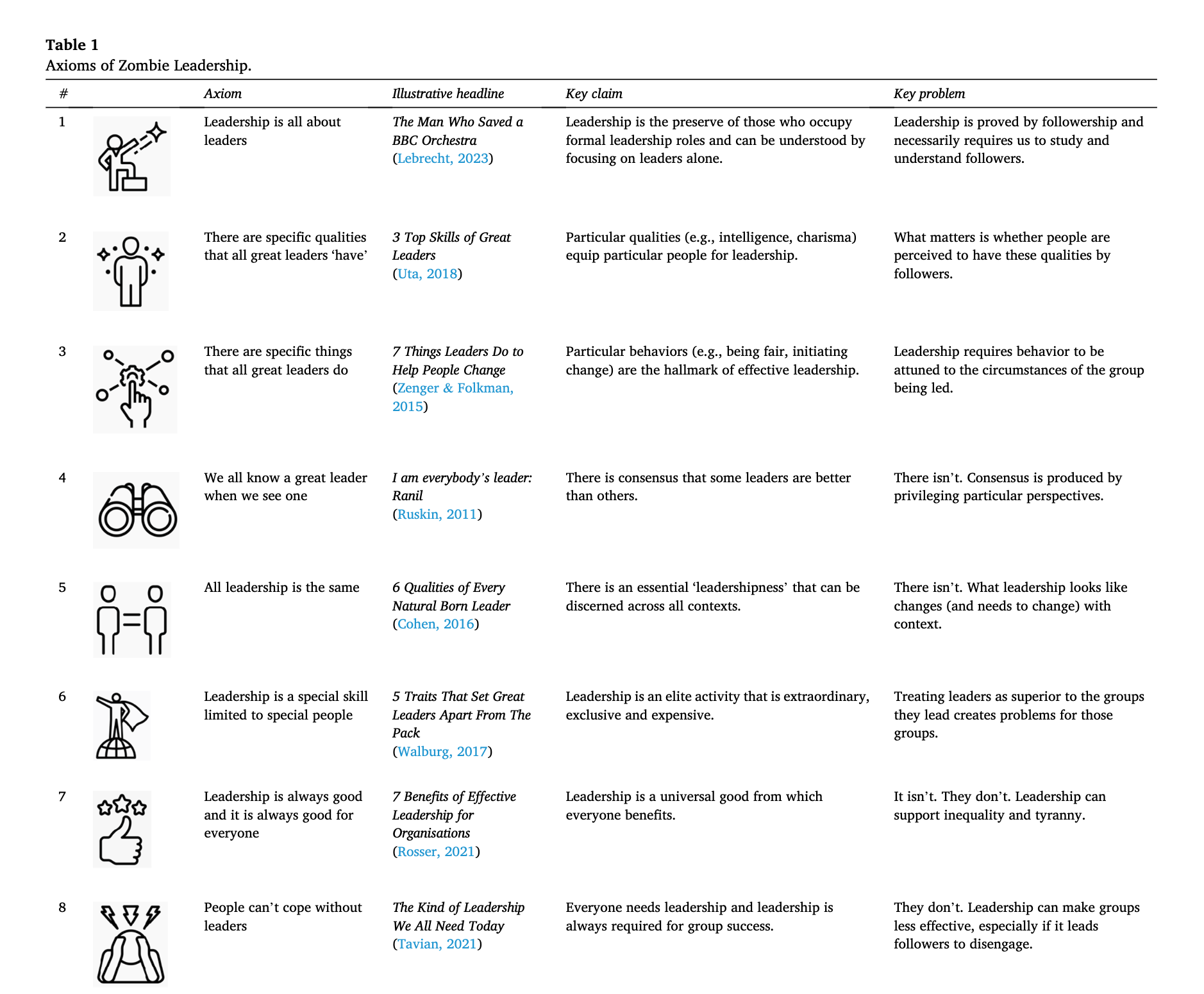
Honestly, these ideas are pretty embedded in our modern culture—think about how many articles you’ll come across this week sharing “5 Things You Can Learn from [Celebrated Leader],” and the assumptions baked into the content of these articles. This paper briefly dives into the systemic reasons these issues aren’t being addressed (elitism, money, privilege, etc.), before later issuing a call to arms, characterizing zombie leadership as:
A coherent set of ideas and practices, tied together by a powerful metatheory that serves to preserve 19th century elitism into the 21st century. It treats all that is productive in groups and organizations as coming from those at the top. It treats the general populace as little more than empty cyphers. It thereby helps to produce a world in which power and riches are confined to those at the top while those at the bottom are rendered dependent and passive. In short, zombie leadership contains within it a depressing recipe for zombie followership.
Whoa. Certainly provocative.
The paper clearly states the intent with all this: To advance progress in the field of leadership (by raising awareness of these issues). More specifically, to provide a ‘directive for action’ by naming these debunked ideas. So… (on a lighter note) what if we turned these ideas into a real-world game…? Maybe it is a media game, where we see how many leadership articles are rooted in these ideas. Maybe it’s a “bad leadership” card deck, with a bunch of (bad) examples that are deconstructed back to these 8 ideas (for raising awareness). These axioms seem ripe for turning into… something playful.
Creative Futuring for Organizations
Is it a card deck? A 2x2 matrix? A voyage at sea game? A conversation starter? All of the above? Whatever it is, this student project from Elke van Dael looks like a fun way to facilitate futures thinking. Elke describes this as:
A hands-on workshop using metaphors to engage organisations in futures thinking. It stimulates approaching a goal from different perspectives.
Here’s a video overview with more details: Creative Futuring for Organisations


The Path to Newton
There’s a kind of timeline that doesn’t just sort events based on chronology, but also—by narrowing the focus to particular topic or individual—shows the series of interdependent and precedent relationships that led to the present moment. A history of influences. These timelines are powerful ways to make sense of a topic, especially one with a jumble of historical influences and citations. I’ve created a few of these for myself over the years. Anyway, The Path to Newton is “an attempt to demonstrate (some) of history behind how Newton knew what he knew and thought what he thought about motion.” Enjoy!
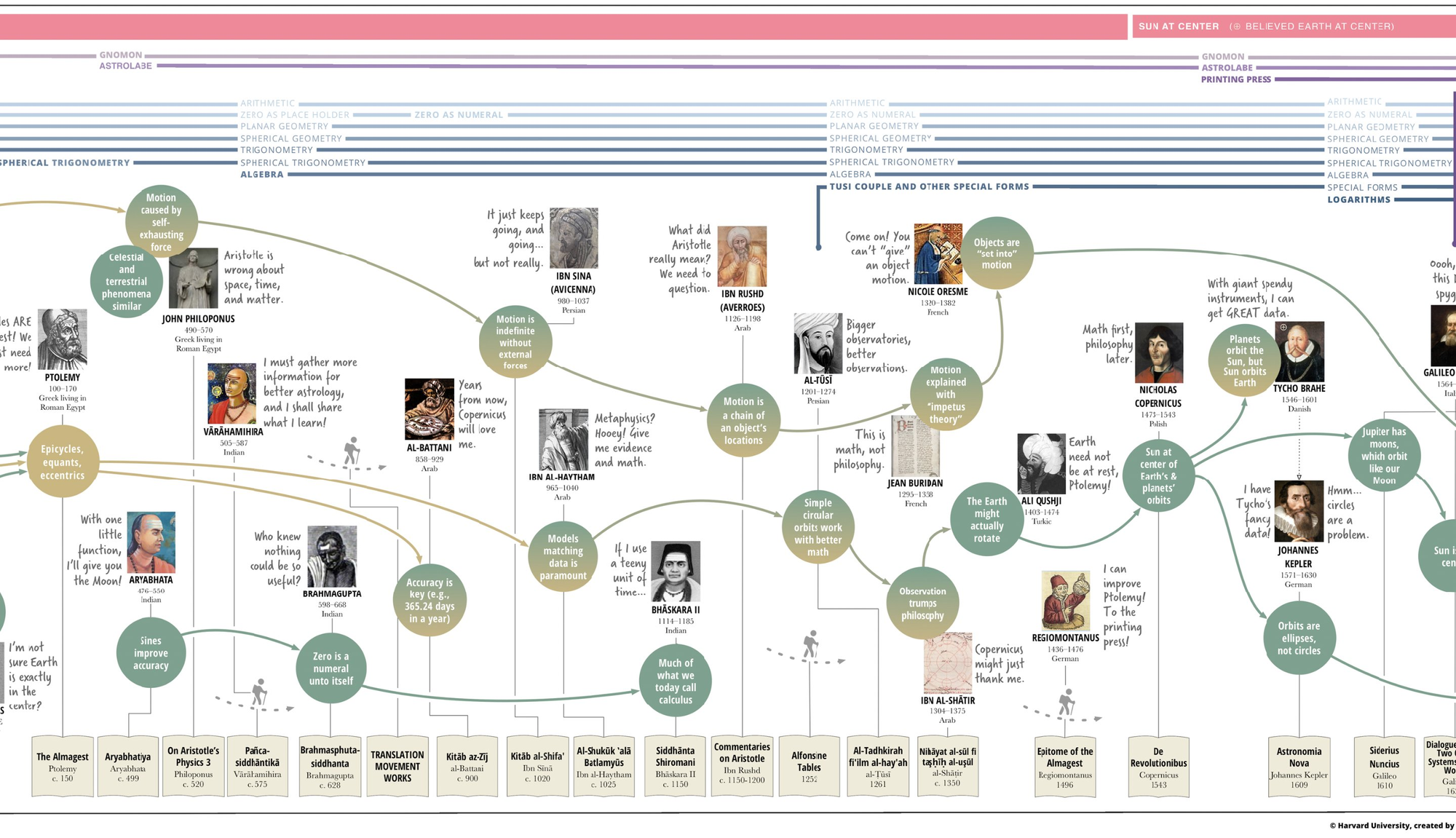
**BONUS: Three Random, FUN and/or Fascinating Things:
🔻 Here’s how to drill a triangular hole, in theory (nope, not with lasers)
👾 Pnogstrom is a fun update on the classic game of Pong.
📡 There’s a lot of interesting stuff in the Linkfest newsletter, but the part about building a wooden satellite challenged all kinds of assumptions I had about materials in space.


